This section is for paid subscribers only. Our subscription is only $3700/- for one full year.
You get unlimited access to all paid section and features on the website with this subscription.
Subscribe to read full article
This section is for paid subscribers only. Our subscription is only $37/- for one full year.
You get unlimited access to all paid section and features on the website with this subscription.
Not ready for a full subscription?
You can access this article for $2, and have it saved to your account for one year.
- Release Date1959
- GenreDrama
- FormatB-W
- LanguageHindi
- Length3840.78 meters
- Gauge35 mm
- Censor RatingU
- Censor Certificate NumberU-27463-MUM
- Certificate Date16/04/1959
- Shooting LocationMohan, Filmistan, Ranjit Studios
Almost everybody has heard of that most unusual short story "DO BAILON KI KATHA" by Munshi Premchand. This outstanding story by one of India's greatest writers has been translated in most of the important foreign languages. It has won wide acclaim everywhere for its simplicity and poignancy. This story now forms the basis of the films we call "HEERA MOTI".
Those who see this film will find it longer and more expansive than "DO BAILON KI KATHA" naturally. The original by Munshi Premchand is a short story. It is excellent material for a film, though rather scanty. In order to adopt it to the needs of a screenplay, we did a log of looking around and head scratching. Our quest, however, proved quite unnecessary, for, all the extra material we required was right there......right between the lines written by Munshi Premchand. We did not have to import anything to fill it up, except what naturally belonged to and emanated from itself. As a result, we have remained faithful to the text in spirit, and have avoided the unseemly necessity of putting angularies on the perfectly rounded work of a consummate writer. We are glad of that.
Munshi Premchand's story has an unspoken theme. Subdued and subtle, it presents men and animals in a new light... a comparative study of emotions and motives, sentiments and interests. It tells of animals, seemingly in bondage, but vastly free in spirit, whose response to the call of duty is unconditioned by self-interest, and of man, seemingly free and powerful, but given to slavery by habit, whom the cruel threats of life filled with resentment, remorse and despair, outraged pride and the impotent fury of the unjustly oppressed.
The man in the story is Jhoori, the Kisan; the animals are his bullocks, his "friends in bondage" whom he calls "HEERA and "MOTI". While Jhoori who professes to "trust in god and do the right", sacrifices his freedom and hope in times of distress, HEERA and MOTI acquire new energy for a concerted revolt. It is a revolt not of the desperate and defeated, but of positive, optimistic beings, whose first love is the ecstasy of independence.
Mute animals can be more eloquent than man, after all, and the crown of all creation has something to learn from the lesser creatures! Such is the unconventional theme of the story. It is a story of great love and ennobling strife, and we have tried to bring it to you as we found it...unadulterated and unspoilt.
(From the official press booklet)

Cast
-
Nirupa Roy
Razia
Crew
-
BannerRoopalaya, Bombay
-
Director
-
Producer
-
Music Director
-
Lyricist
-
Dialogues
-
Cinematography
-
Editing
-
Sound Recording/ Audiography
-
Choreography
-
Production Controller
-
CostumesKarim Tailors , T N Tailors
-
Make-up
-
Laboratory/ Processed atQuality Labs
-
Music CompanyH M V
-
StillsShangri-La
-
Publicity PrinterPublicity Printers
-
Song Recording







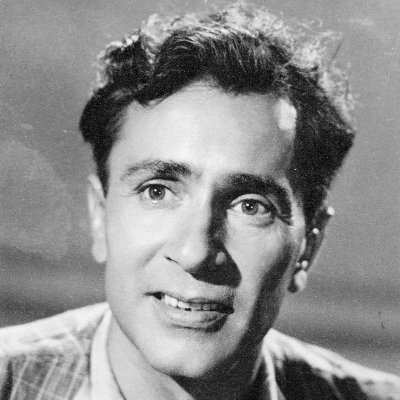
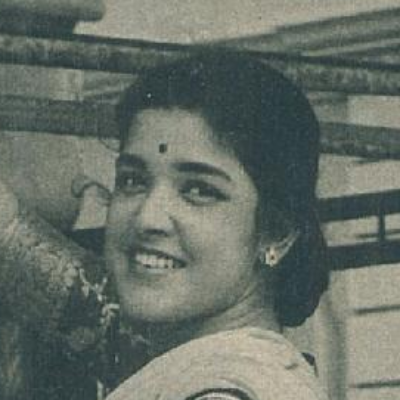
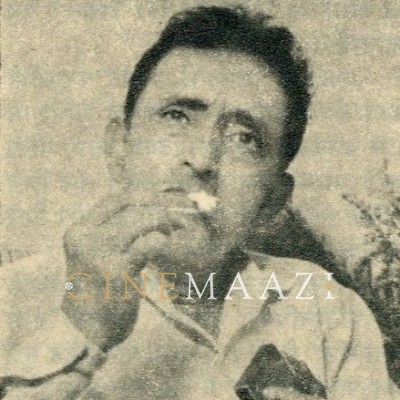

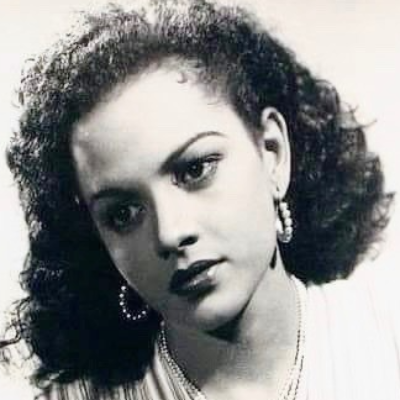

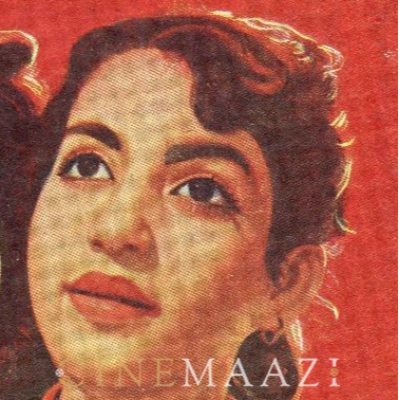




.jpg)



